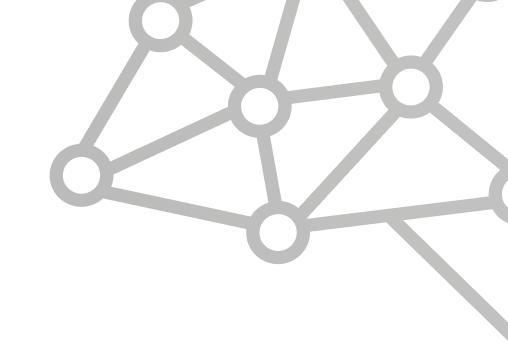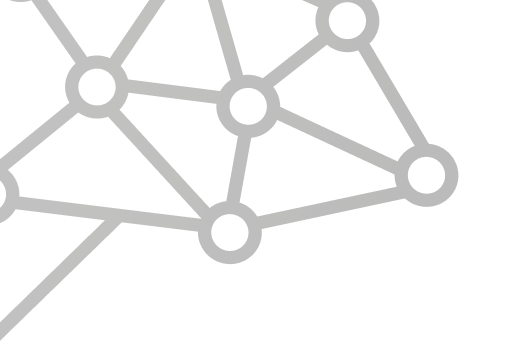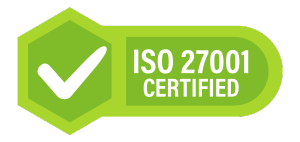Facing the challenge of approximately 8,000 classified rare diseases worldwide, which affect an estimated 6-8% of the global population, Saventic Care, a free, innovative platform, aims to revolutionize the diagnostic journey. Diagnosing these conditions is notoriously complex and lengthy, averaging 5-7 years from the onset of symptoms. During this time, patients often consult multiple specialists and undergo numerous tests, frequently without receiving a definitive answer. Delayed diagnosis not only impedes effective treatment but also diminishes quality of life and increases the risk of irreversible complications.
In response to this critical need, Saventic Health, a leading developer of AI algorithms for rare disease diagnosis, proudly announces the launch of Saventic Care, its platform designed to expedite the diagnostic journey for patients with suspected rare diseases. Saventic Care’s technology offers hope to individuals experiencing persistent symptoms or irregular test results who have been searching for answers.
Saventic Care: A Faster, Smarter Way to Diagnose Rare Diseases
Saventic Care’s mission is threefold: to assist patients who have long searched for a diagnosis, to help diagnosed patients find appropriate clinical trials, and to accelerate the entire rare disease journey, enabling patients to access proper care and treatment, ultimately improving their quality of life and potentially saving lives.
The Saventic Care platform features a free, user-friendly application where patients can securely submit a questionnaire and their medical data. This information is then analyzed by both cutting-edge AI algorithms and a specialized medical board with expertise in rare diseases. This dual analysis significantly shortens the diagnostic timeline and guides patients toward appropriate treatment centers.
“You simply fill out the form on the Saventic Care website and attach your medical documentation,” explains Szymon Piątkowski, President of Saventic Health. “The data is analyzed, and if a patient is found to be at risk of a rare disease, we provide information about a center or doctor they should visit. Importantly, the patient’s data is analyzed not only by algorithms but also by a team of experienced specialists from various fields of medicine. Thanks to the doctors we collaborate with, every patient is treated individually, and no case is left unanswered. We reach out to everyone who has contacted us for help—even if it turns out that they are not at risk of a rare disease.”
The challenge of rare disease diagnosis is significant. “One could say that rare diseases are actually common, and the scale of the problem is much larger than it seems,” says Dr. Marek Dudziński. “So far, nearly 8,000 such conditions have been classified, some of which affect only a few people across Europe. At the same time, rare diseases impact 6–8% of the population. Due to their rarity and unusual symptoms, diagnosing these conditions is often a lengthy, costly, and extremely frustrating process for patients. In many cases, the cause of health issues is identified very late, leaving doctors unable to help the patient. That is why accelerating diagnosis is so crucial.”
Saventic Care currently supports the diagnosis of Fabry disease, Gaucher disease, HAE, PNO, Amyloidosis, Castelman’s disease, MPS, PNH, HPP, and LAL-d, with plans to continually expand the list of covered conditions.
Global Expansion and Real-World Impact
Since its inception in Poland, Saventic Health has expanded its reach to several key markets, including Germany, Brazil, and regions within Latin America. The Saventic Care platform is currently available in English, German, Portuguese, Spanish, and Polish, ensuring accessibility for a diverse patient population. The company is continually working to expand language offerings to better serve the global community. The platform has already seen significant engagement, with more than 3000 individuals completing the online form and over 500,000 visiting the website.
Saventic Health’s AI algorithms have been instrumental in referring over 300 individuals for further diagnosis of rare diseases within the past year. The company believes in providing comprehensive support, so every patient receives feedback. Even if the analysis doesn’t indicate a risk of a rare disease, but other health concerns are present, patients are guided toward the appropriate specialist to address their symptoms. This underscores the company’s commitment to improving the lives of patients and families affected by these often-overlooked conditions.









